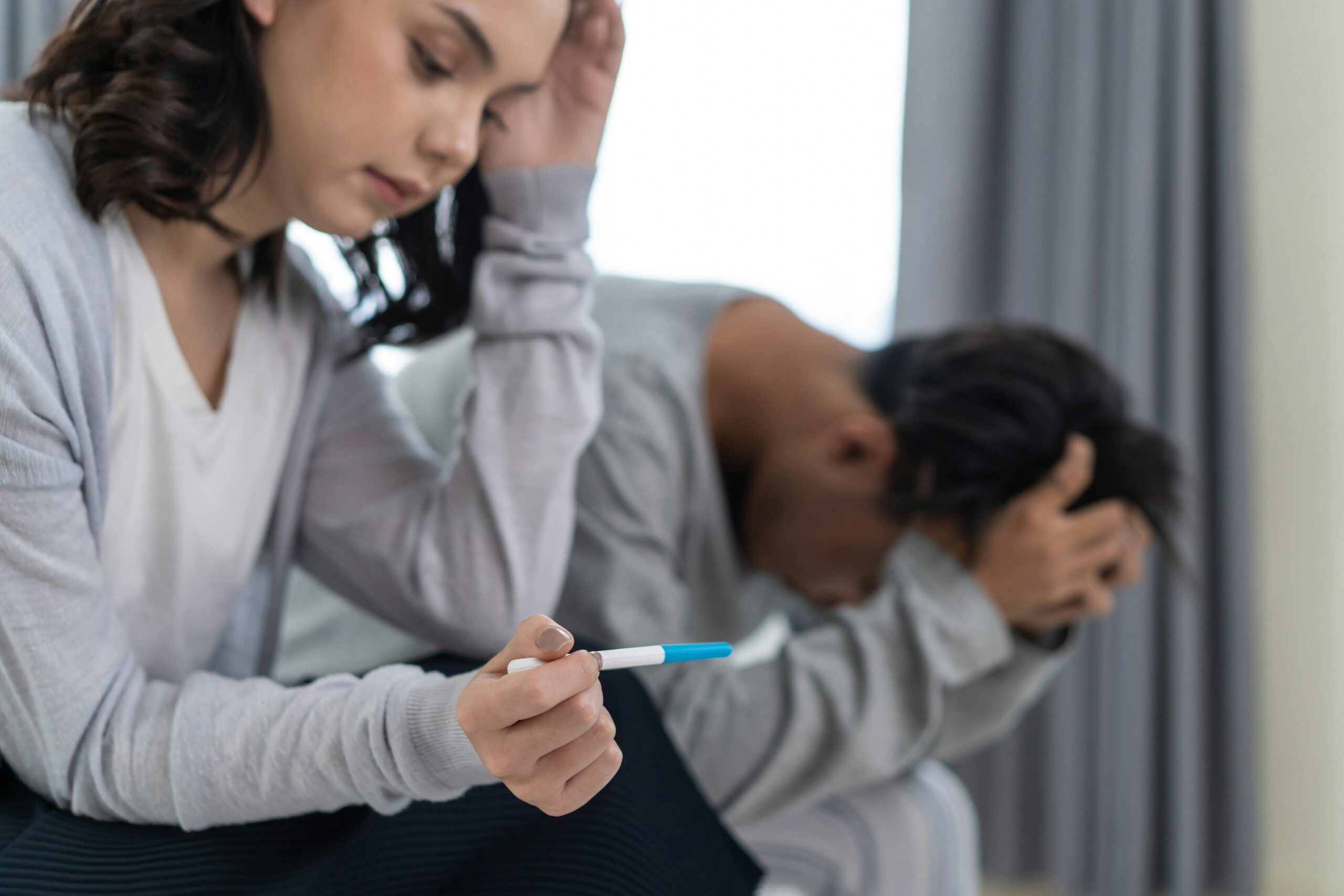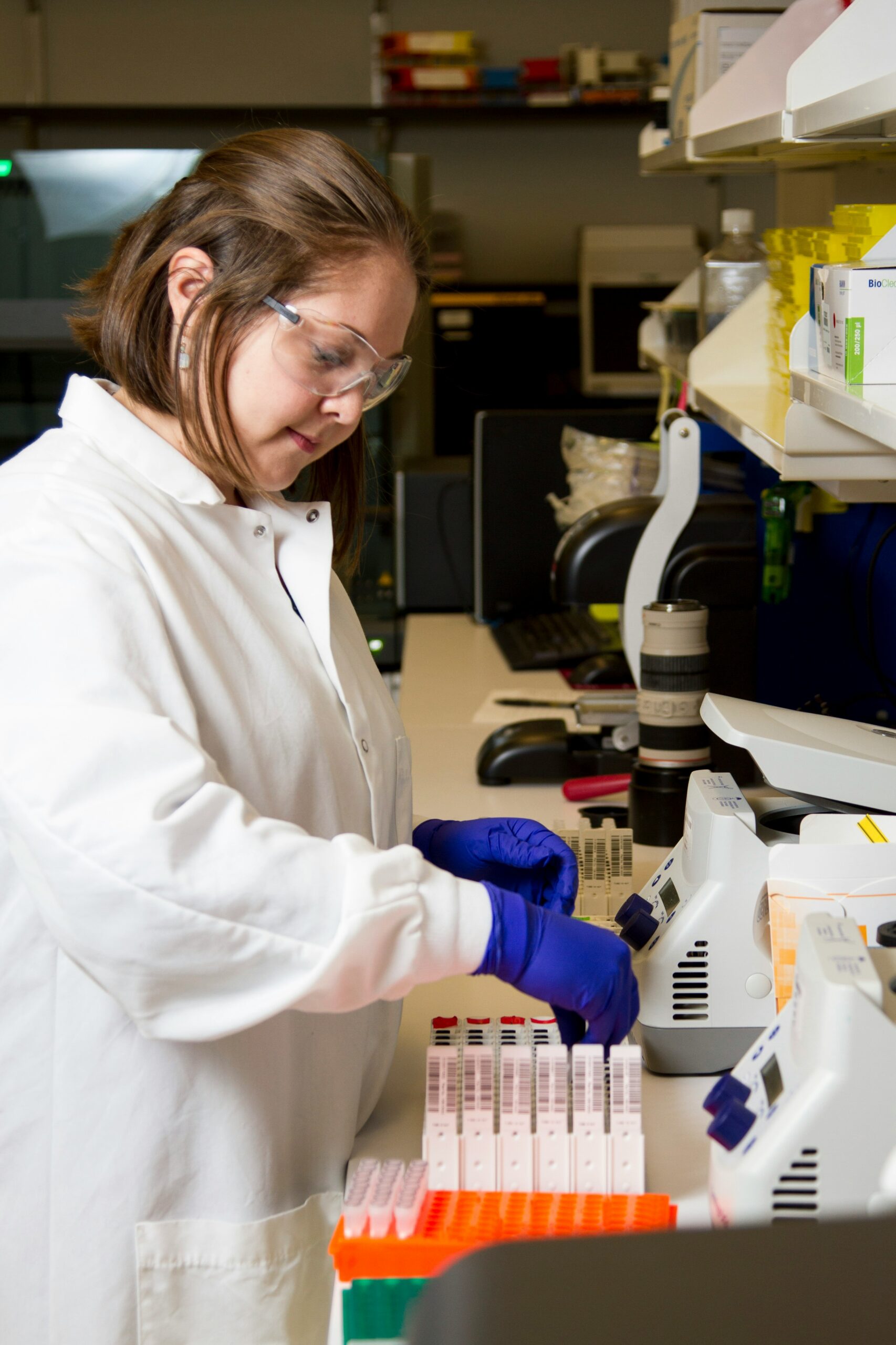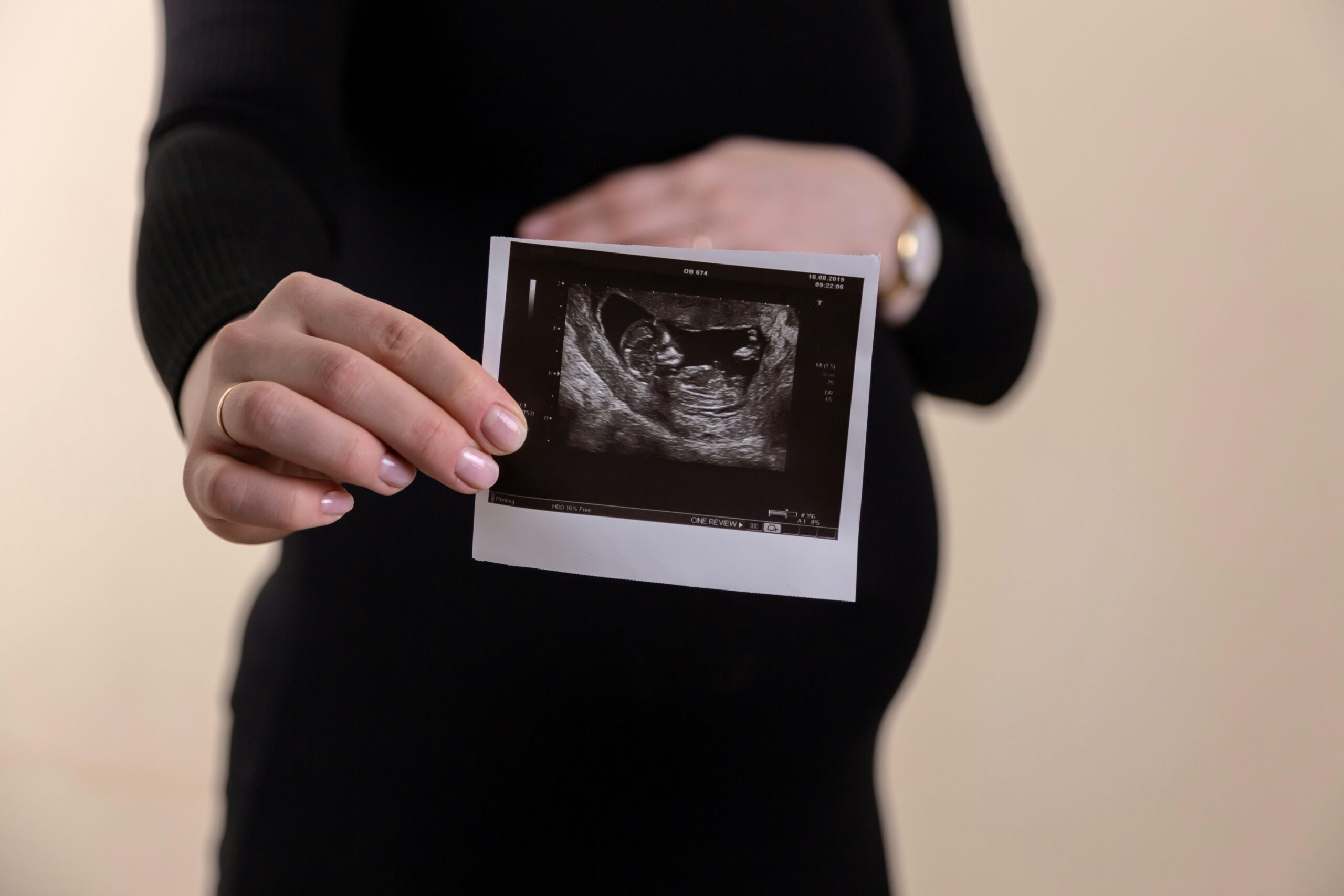The news hit like a punch to the gut. My friend, radiant and brimming with excitement just weeks ago about her pregnancy, called to share the devastating news—she had a miscarriage.
My heart sank for her and I didn’t know what to say or do to make this better. We were all so excited about her journey into motherhood. In the coming days, weeks and months, I saw her go from being a happy, positive, full-of-life woman to someone who could barely get herself out to bed in the morning. She vacillated between feeling angry, guilty, sad and hopeless.
As a Licensed Mental Health Counselor (LMHC), I know that experiencing a miscarriage can be a profoundly painful and traumatic event, often leading to a complex mix of emotions. For many, the loss can trigger or exacerbate feelings of depression—a serious mental health condition that requires compassionate attention and appropriate care.
Miscarriage, defined as the spontaneous loss of a pregnancy before the 20th week, affects approximately 10 to 20 percent of known pregnancies, according to the Mayo Clinic. This loss can shatter the hopes and dreams parents have for their unborn child, leaving a void filled with intense grief and sorrow. The emotional toll of a miscarriage varies widely among individuals, influenced by factors such as the length of the pregnancy, previous experiences with pregnancy loss, personal and cultural beliefs, and the level of support from family and friends.
Depression following a miscarriage is not uncommon, yet it can often go unrecognized. It is crucial to distinguish between normal grief and clinical depression. Grieving is a natural response to loss and can involve a range of emotions, but it typically lessens over time. In contrast, depression is more persistent and can significantly impair an individual’s ability to function in daily life.
Common symptoms of depression after a miscarriage may include:
- Persistent sadness: Feeling overwhelmingly sad or empty most of the day.
- Loss of interest: A marked decrease in interest or pleasure in almost all activities that once brought you joy.
- Sleep disturbances: Difficulty falling or staying asleep as well or sleeping excessively.
- Fatigue: A constant feeling of being drained, tired or lacking the necessary energy to function and carry out your day-to-day responsibilities.
- Changes in appetite: Significant weight loss or gain unrelated to dieting.
- Feelings of guilt or worthlessness: Harsh self-criticism, unwarranted guilt or feelings of inadeqaucy.
- Difficulty concentrating: Struggling to think, concentrate or make decisions.
- Thoughts of death or suicide: Persistent thoughts about death or self-harm.
Risk factors for depression after loss
While anyone can develop depression after a miscarriage, certain factors can increase the risk.
- Mental Health History: A prior diagnosis of depression or other mental health conditions makes someone more vulnerable.
- Lack of Support: Feeling isolated and without a supportive network can exacerbate depression.
- Previous Pregnancy Losses: Prior miscarriages can compound the emotional toll.
- Relationship Issues: Existing marital or relationship problems can add another layer of stress.
- Hormonal Fluctuations: Hormonal shifts after a miscarriage can contribute to depression.
Support and Treatment Options for Depression After Loss
- Professional Therapy: Cognitive-behavioral therapy (CBT) and other forms of counseling can help individuals process their grief and develop coping strategies.
- Medication: Antidepressants may be prescribed to help manage symptoms, particularly in cases of moderate to severe depression.
- Support Groups: Connecting with others who have experienced similar losses can provide comfort and reduce feelings of isolation.
- Self-care: Engaging in self-care activities such as exercise, proper nutrition, and mindfulness can also aid in recovery.
Supporting Someone With Depression After Loss
Listen without judgment:
Offer a compassionate ear. Sometimes, the most powerful support you can provide is simply being there and listening. Let your loved one express their feelings without interruption or judgment. Avoid giving unsolicited advice or trying to “fix” the situation. Instead, validate their feelings by acknowledging their pain and the legitimacy of their grief.
Offer practical help:
Assist with daily tasks. Depression can make everyday activities feel overwhelming. Offer to help with household chores, running errands, or caring for other children if there are any. This support can alleviate some of the stress and allow your loved one to focus on healing.
Encourage professional help:
Gently suggest seeking professional support. Encourage your loved HED:one to speak with a mental health professional who can provide appropriate therapy and possibly medication. If they are hesitant, offer to help them find a therapist or even accompany them to appointments if they wish.
Be patient:
Understand that grief and depression can be a long process, and your continued support is important. Be patient and consistent in your support, even when it seems like progress is slow. Everyone grieves differently. Respect their way of coping, whether they need to talk about their loss frequently or prefer some quiet time alone. Avoid pushing them to move on or get over it. Healing is a personal journey, and your role is to support them at their own pace.
Depression after a miscarriage is a deeply personal and often misunderstood experience. It is crucial to acknowledge the pain and seek appropriate support to navigate this difficult journey. By recognizing the symptoms of depression, understanding the risk factors, and providing compassionate support, we can help those affected by miscarriage find a path to healing and hope.
Author
-

Dr. Rachna Buxani-Mirpuri is a Licensed Mental Health Counselor with nearly two decades of experience. She passionately advocates for women's mental health and as the founder of Buxani Counseling Care, she serves globally as a BC-TMH, providing compassionate, non-judgmental therapy rooted in resilience-based approaches. Her multicultural counseling expertise fosters meaningful change, ensuring accessible, high-quality mental health support for all. Beyond her professional endeavors, Rachna enjoys giving back to her community by volunteering to support its mental health needs. She resides in South Florida with her husband and two children, where she continues her mission to empower and uplift others.
View all posts





